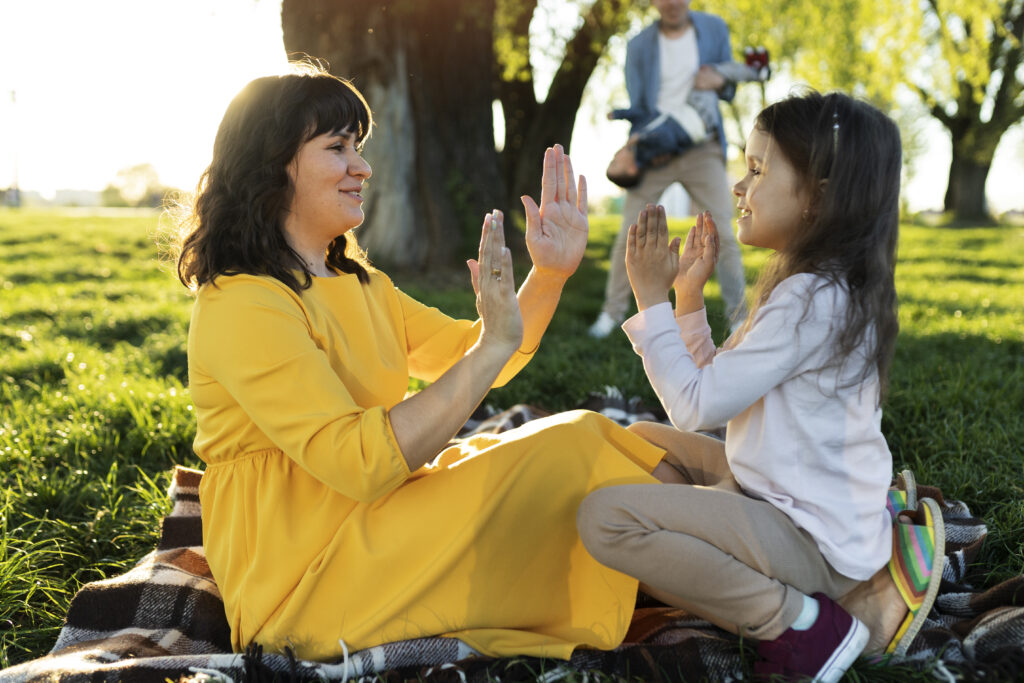
A recent study from Aarhus University in Denmark sheds light on an intriguing trend: older mothers often bring a unique blend of tolerance and flexibility to parenting, creating a nurturing environment for their children. This revelation suggests that choosing to have children later in life can come with some surprising benefits.
The Emotional Connection

Researchers discovered that older moms often enjoy better emotional relationships with their children. This is largely due to their ability to create a more emotionally stable environment. With age comes wisdom, and it seems this wisdom translates into a less punitive approach to discipline. Instead of rushing to scold or punish, these parents tend to foster understanding and patience, leading to well-behaved children.
Study Insights
The study, featured in the European Journal of Developmental Psychology, analyzed the parenting styles of over 4,700 mothers in Denmark. The average age of these mothers at childbirth was 31, highlighting a growing trend of having children after 30. The findings showed that older mothers are less likely to resort to physical punishment, especially for children aged seven to eleven. Even as their children reached the age of 15, older mothers preferred verbal guidance over harsher measures.
A Broader Impact
The benefits of having older parents don’t stop at emotional stability. An additional study published in the International Journal of Epidemiology in early 2017 found that children born to mothers aged 35 to 39 showed enhanced intellectual and cognitive abilities. Interestingly, this trend of older maternal age correlating with positive outcomes is a relatively new phenomenon. In earlier studies from 1958 to 1970, older maternal age was negatively associated with cognitive abilities. This shift is attributed to changing societal norms and family planning practices.
The Changing Face of Motherhood
Across Western countries, more women are choosing to have their first child after the age of 30, with the average age in the US rising to 26.3 years in 2014, up from 21.4 years in 1970. In the European Union, the average age of first-time mothers is even higher at 28.7 years, with a notable number of women having children over the age of 40.

While the biological clock does tick, bringing some challenges like decreased fertility and increased pregnancy risks, the advantages of becoming a parent later in life are hard to ignore. Financial stability, emotional maturity, and a focus on quality time with children are all benefits that many older parents enjoy.
So, if you’re considering joining the ranks of later-life parents, take heart! The journey might just come with a few delightful surprises.
Gentle reminder: This article is for informational purposes only and is not intended as a substitute for professional medical advice. Always consult with a healthcare professional for medical concerns.





Leave a Reply